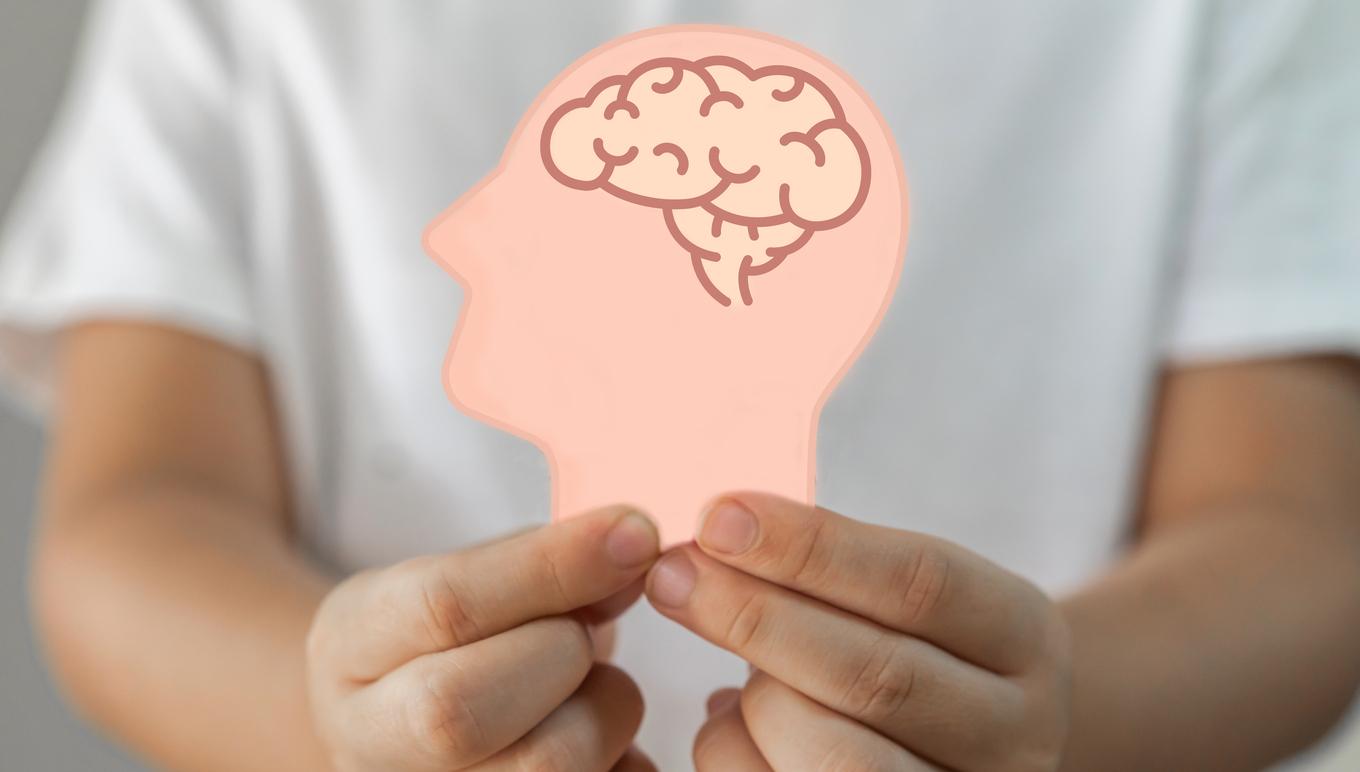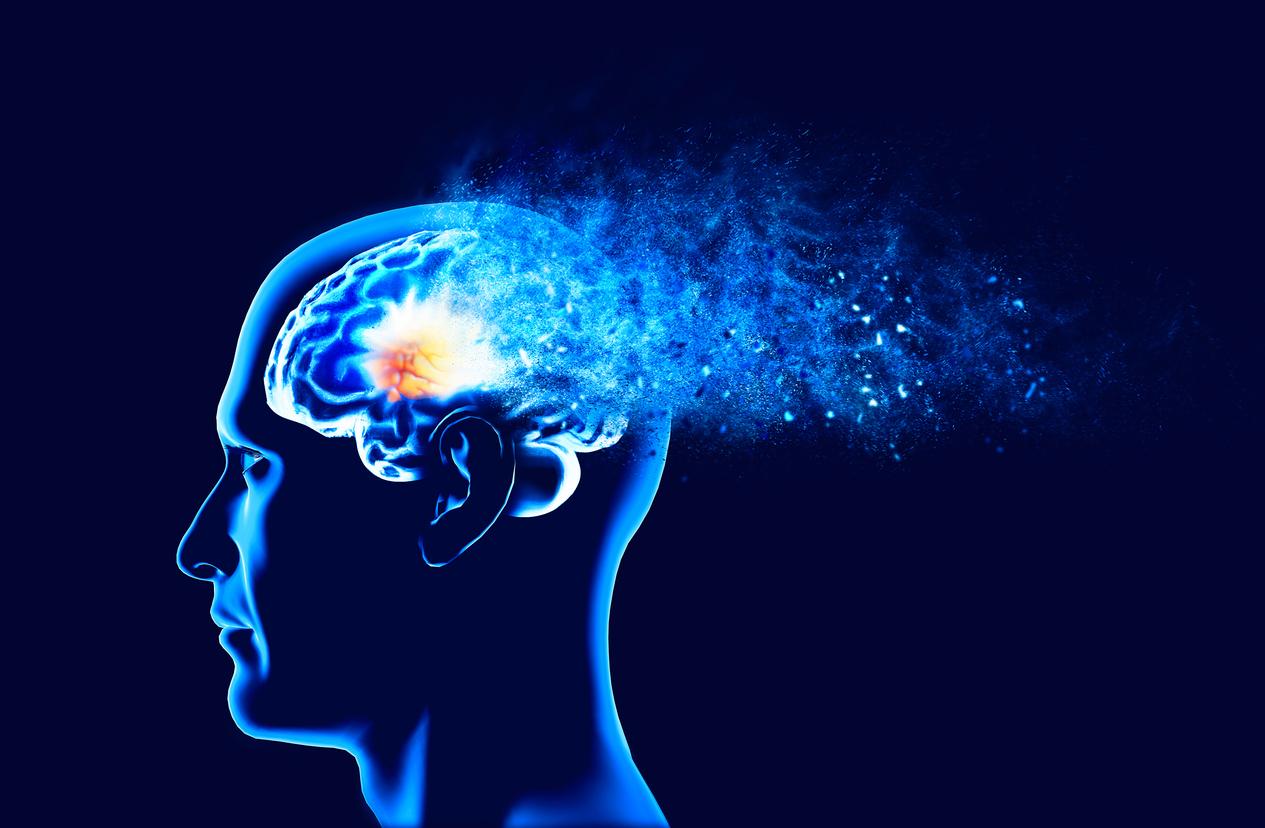A study from Ohio State University, published on November 19, reveals against all expectations that marijuana could slow brain aging and even stimulate the formation of new neurons. Scientists even go so far as to advance the idea that creating a drug with properties similar to this drug – which is illegal – could prevent or delay the progression of Alzheimer’s disease.
Studies carried out with a synthetic drug based on THC, the main substance contained in marijuana, have been shown to be conclusive in animals, in particular in rats in which three areas of the brain were activated under the effect of this drug. The area of the hippocampus, which corresponds to short memory, was clearly overactivated during testing.
The final objective pursued by these American scientists is to systematize the use of THC in the treatment of Alzheimer’s. The latter are currently working to find the components that would keep the two main virtues of tetrahydrocannabinol (THC) namely to treat inflammation and perhaps promote brain regeneration.
On the other hand, another American study, published this same week, shows that the daily ingestion of 240 mg of gingko biloba, has no incidence on dementia and Alzheimer’s disease.


















